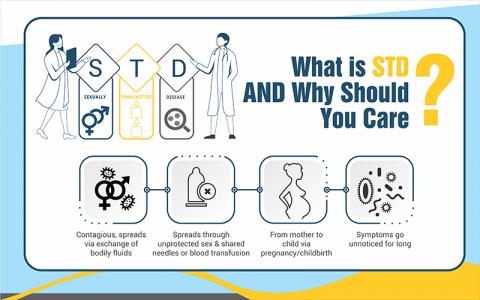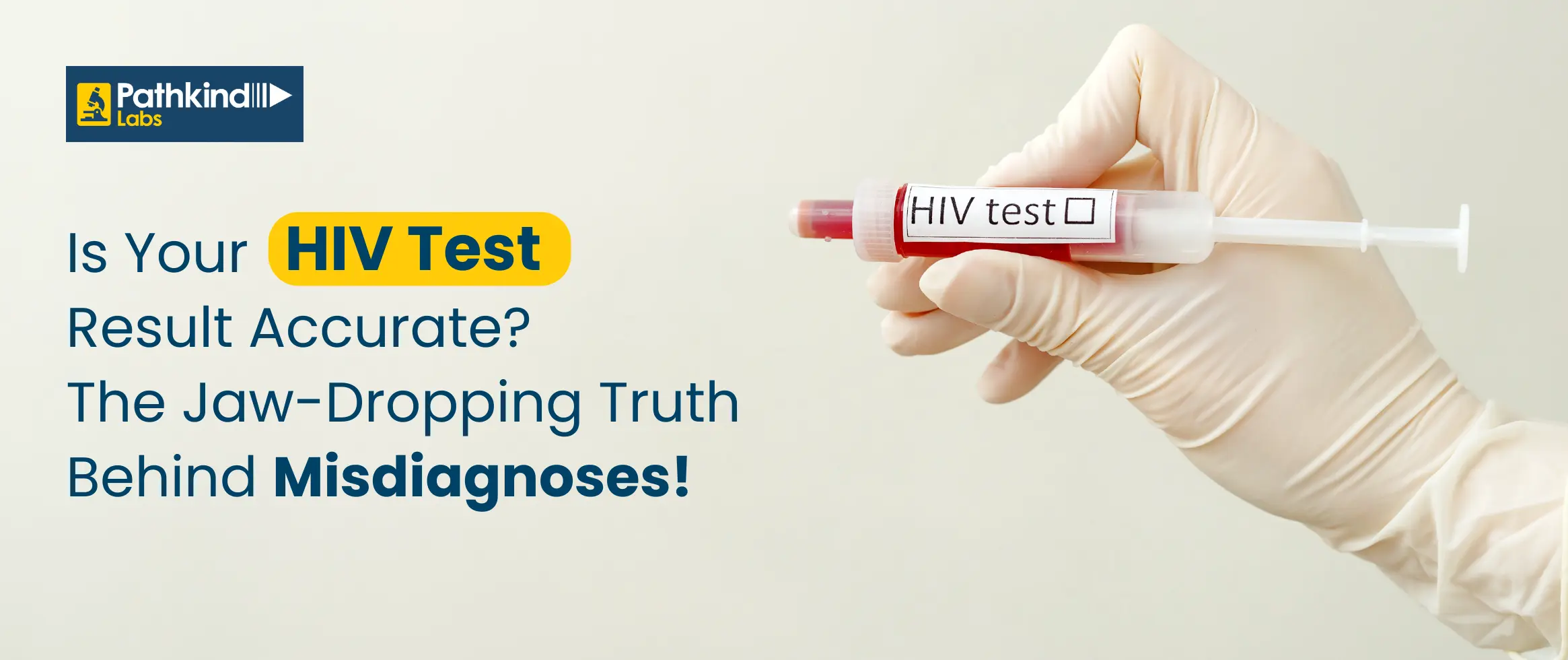The virus that causes AIDS is called HIV (acquired immunodeficiency syndrome). The last and most severe stage of an HIV infection is AIDS. Without therapy, HIV slowly weakens your immune system, which eventually results in AIDS. Your body struggles to fight off infections from microorganisms that often don't create issues in healthy people if you have AIDS. These infections, often known as opportunistic infections, have the potential to be fatal. You run a higher chance of getting some cancers if you have AIDS.
The virus that causes AIDS is called HIV (acquired immunodeficiency syndrome). The last and most severe stage of an HIV infection is AIDS. Without therapy, HIV slowly weakens your immune system, which eventually results in AIDS. Your body struggles to fight off infections from microorganisms that often don't create issues in healthy people if you have AIDS. These infections, often known as opportunistic infections, have the potential to be fatal. You run a higher chance of getting some cancers if you have AIDS.
A blood sample is used in an HIV test to determine whether you are infected with HIV (human immunodeficiency virus). A virus called HIV attacks specific immune system cells. These cells protect your body from bacterial, viral, and fungal diseases. Your body will have problems warding off infections and other disorders if you lose too many immune cells. Contact with blood and other bodily fluids from an HIV-positive individual can spread the virus. This typically occurs during sexual activity or when sharing needles or other injecting equipment for drugs.
What Is the Purpose of HIV Antibody, Rapid Card Test?
To determine whether you have been exposed to HIV, an HIV screening test is used. Finding out if you were HIV-positive may be done as a normal test or after a potential exposure. Early HIV detection allows you to take medications to safeguard your health and prevent the development of AIDS. Aside from that, medications can aid in preventing HIV transmission.
Why Does One Need an HIV Antibody, Rapid Card Test?
People who fall into groups where HIV diagnosis is more likely are urged to get tested every three to six months, including:
- Shared users of needles and syringes
- Those who trade sexual favours for cash
- Anyone who engages in sexual activity without sufficient protection, such as several partners or without using condoms
You should get tested for HIV at least once a year if you routinely engage in any of the activities mentioned above. Depending on their risk, some individuals, especially men who have sex with men (MSM), may benefit from more frequent testing. Find out how frequently you should get tested by your provider. An HIV test may be requested by your doctor if you are expecting it. This is due to the possibility of HIV transmission during pregnancy, during delivery, and through breast milk. You can significantly lower your risk of passing HIV to your unborn child by taking certain medications during pregnancy and delivery.
How is the HIV Antibody, Rapid Card Test Performed?
Rapid point-of-care diagnostics can produce the first results in around 20 minutes. An oral swab from your gums, a urine sample, or a drop of blood from your finger may be needed for these. The blood-based HIV antigen/antibody (Ag/Ab) test is the most favoured approach out of these.
HIV antibodies are detected in your blood, saliva, or urine during IV antibody tests (pee). Your immune system produces HIV antibodies, which are disease-fighting proteins when you have an HIV infection. Different people produce antibodies at different rates. Even 23 days after infection, an antibody test may detect HIV antibodies, but it may take up to 90 days for your body to produce enough antibodies to be detected.
Different methods can be used to conduct antibody tests:
- A vein specimen of blood is used in laboratory procedures. In general, lab testing can detect antibodies more quickly than other HIV antibody tests following infection. Typically, test results are available a few days after the blood sample is collected.
- Blood from your finger, saliva, or urine is used in rapid tests. They deliver outcomes in under 30 minutes.
- Rapid self-test kits that include everything you need to collect and analyse a saliva sample on your own are available for at-home tests. You extract a drop of blood from your finger for mail-in tests and submit it to a lab for analysis.
Understanding and Interpretation of HIV Antibodies, Rapid Card Test Results
A negative test result indicates that your sample did not contain any indicators of HIV infection. However, this does not always imply that you are HIV-free. Although the test cannot yet determine whether you have an HIV infection, you may require a second test in the future. If you have questions about your test results or need another one, ask your doctor or an HIV counsellor. Generally speaking, if you had a suspected HIV exposure that was and you had a negative result on a quick test or an at-home test:
- You can be certain that you don't have HIV if it was 90 days ago or more.
- You may need another test later to recheck for HIV if it was less than 90 days ago.
A positive test result indicates that your sample contained signs of HIV infection. Unless you had a NAT test, you will need a follow-up test to confirm an HIV diagnosis
- If you used an at-home test, consult your provider for additional testing.
- If you took your test at a medical office or community programme, the testing facility will schedule your follow-up test.
- If your follow-up test also comes back positive, you have HIV.




 NABL approved
NABL approved  Most Trusted by
Most Trusted by  Accuracy &
Accuracy &  Widest Range
Widest Range 















